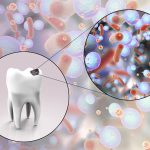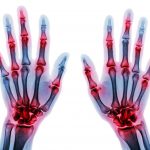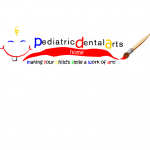
Dental caries is defined as the progressive destruction of a tooth and is considered a major health issue in both adolescents and adults, in which reportedly 90% of the population is affected1. Cavities are formed when acid erodes the hard tissues of the teeth (enamel, dentin and cementum).
Acid is produced in the mouth when certain bacteria, such as Streptococcus mutans, ferment sugars into acid. For decades, S. mutans was believed to be the main bacteria involved in caries initiation ...
Read More









